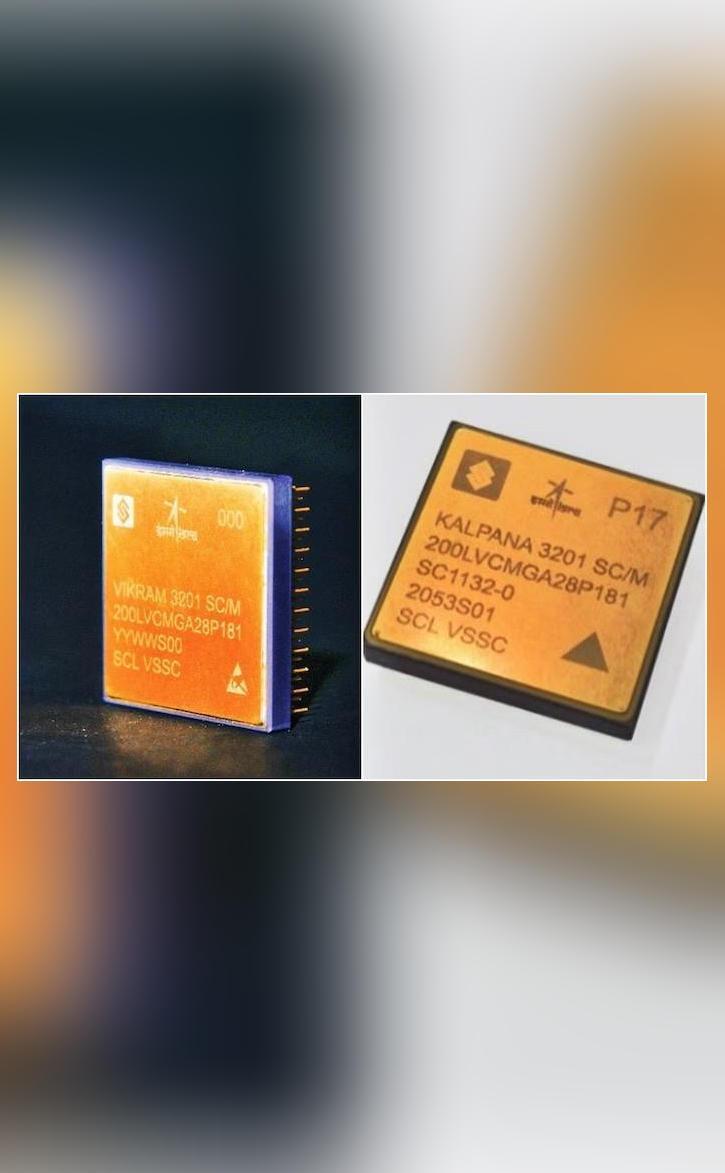
ISRO & SCL Develop 32-bit Microprocessors for Space Applications
The Indian Space Research Organisation (ISRO) and the Semiconductor Laboratory (SCL) in Chandigarh have jointly developed two 32-bit microprocessors, VIKRAM3201 and KALPANA3201, specifically designed for space applications. This breakthrough achievement is a significant step forward in India’s quest to become self-reliant in the development of microprocessors for space exploration.
VIKRAM3201, the first fully “Make-in-India” 32-bit microprocessor, has been qualified for use in the harsh environmental conditions of launch vehicles. This feat is a testament to the capabilities of Indian scientists and engineers, who have worked tirelessly to develop a microprocessor that can withstand the extreme temperatures, radiation, and vibrations encountered during space missions.
The development of these microprocessors is a significant milestone for ISRO, which has been working towards reducing its reliance on foreign suppliers of critical components. The ability to design and develop microprocessors in-house will not only reduce India’s dependence on foreign vendors but also enable the country to tailor its microprocessors to specific space application requirements.
The VIKRAM3201 microprocessor is a 32-bit RISC (Reduced Instruction Set Computing) processor with a clock speed of 100 MHz. It features a robust architecture that can withstand the extreme temperatures and radiation encountered during space missions. The microprocessor is designed to operate in environments with temperatures ranging from -50°C to 100°C and can withstand radiation levels of up to 100 krads.
The KALPANA3201 microprocessor, on the other hand, is a 32-bit processor with a clock speed of 50 MHz. It is designed to operate in environments with temperatures ranging from -25°C to 70°C and can withstand radiation levels of up to 50 krads.
The development of these microprocessors is a collaborative effort between ISRO and SCL. SCL, a premier research and development organization under the Department of Electronics and Information Technology (DeitY), has been working closely with ISRO to design and develop the microprocessors.
The microprocessors have been designed to meet the specific requirements of space applications, including radiation hardness, low power consumption, and high reliability. They are designed to operate in environments with high levels of radiation, extreme temperatures, and high vibrations, making them ideal for use in space missions.
The development of these microprocessors is expected to have significant implications for India’s space program. With the ability to design and develop microprocessors in-house, ISRO will be able to reduce its reliance on foreign suppliers and tailor its microprocessors to specific space application requirements.
In addition, the development of these microprocessors will also enable India to participate in global space missions and collaborate with international space agencies. The microprocessors will also be used in a range of applications, including navigation, communication, and control systems.
The successful development of VIKRAM3201 and KALPANA3201 microprocessors is a testament to the capabilities of Indian scientists and engineers. It demonstrates India’s ability to design and develop complex electronic systems that can withstand the harsh environmental conditions of space missions.
In conclusion, the development of VIKRAM3201 and KALPANA3201 microprocessors by ISRO and SCL is a significant achievement that marks a major milestone in India’s quest to become self-reliant in the development of microprocessors for space applications. The microprocessors are designed to meet the specific requirements of space applications and will enable India to reduce its reliance on foreign suppliers and participate in global space missions.
News Source: https://www.isro.gov.in/vikram3201.html






